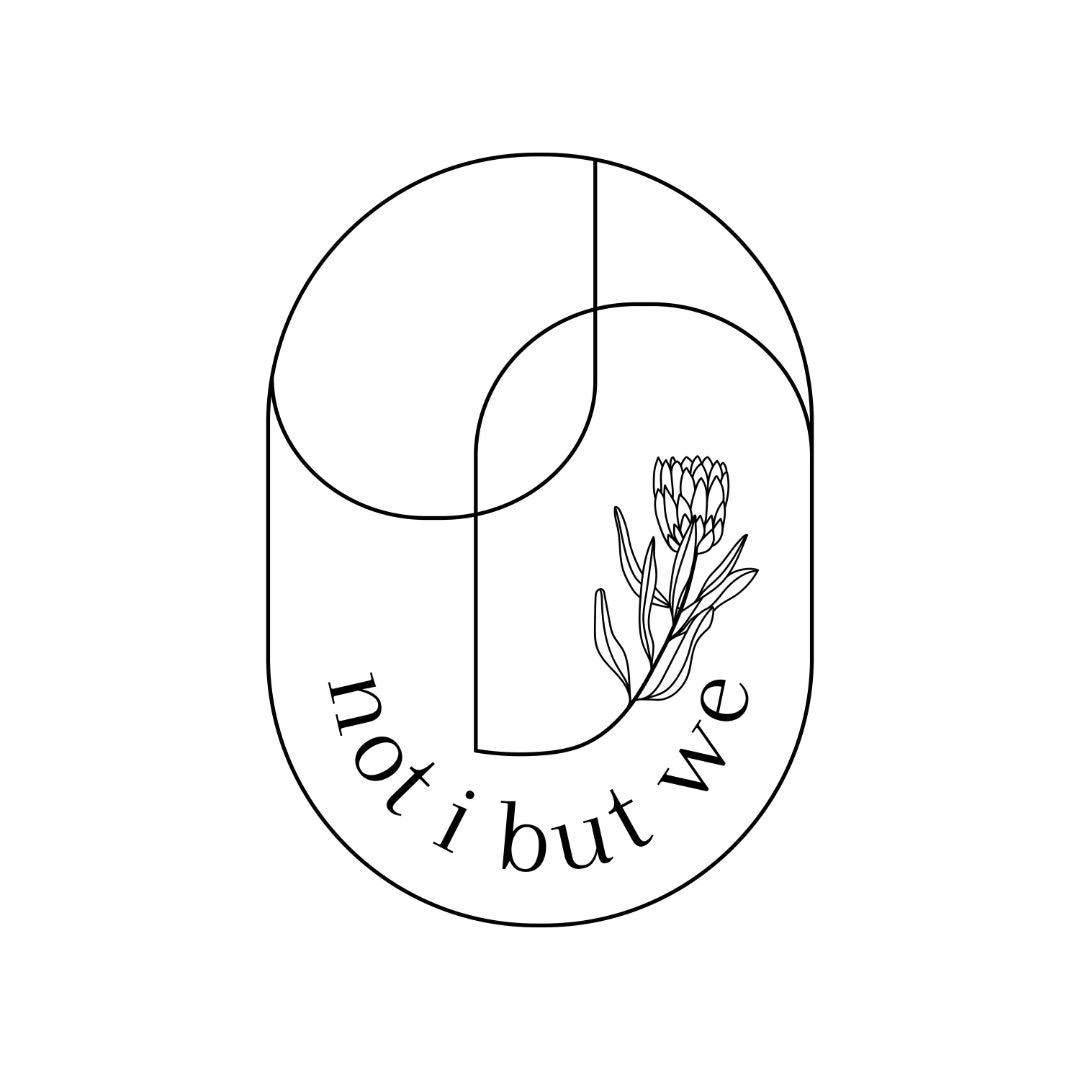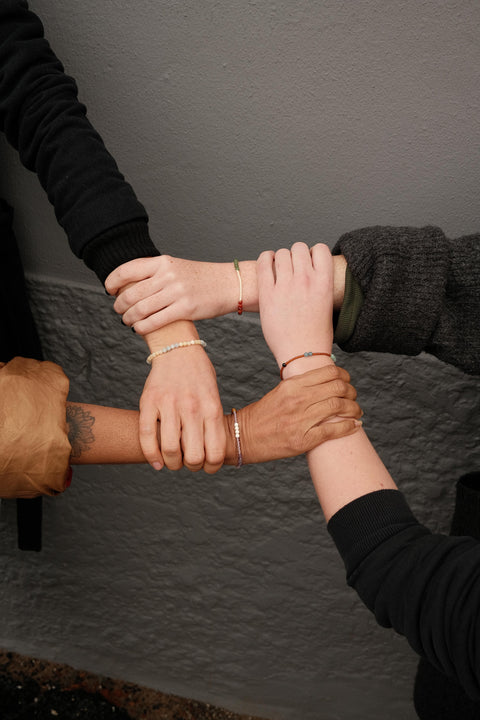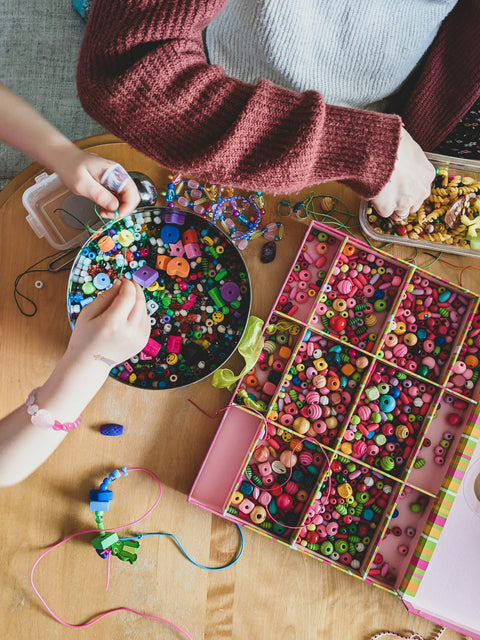Each year the US Department of State releases the TIP Report detailing how countries are dealing with the issues of trafficking. Let's dive into the findings for South Africa.
South Africa currently stands at Tier 2

To reach the next tier they need to implement more regulations. This includes increasing prosecutions of traffickers, identifying and referring more victims to protection services, preventing trafficking, and increasing the number of shelters available.
What is the government doing?

Government officials have increased screening for trafficking indicators among vulnerable populations and enhanced cooperation with civil society organizations. The government has also added three additional agencies to its National Inter-ministerial Committee for Trafficking in Persons (NICTIP) to strengthen anti-trafficking efforts.
However, challenges persist: coordination issues among agencies handling trafficking victims, inadequate victim services, and delays in granting victim status. Law enforcement faces capacity and training gaps, and corruption among officials complicates anti-trafficking efforts.
Prosecution of traffickers
The South African government has intensified anti-trafficking efforts, with PACOTIP criminalizing sex and labor trafficking and imposing penalties of up to life in prison or a fine of up to 100 million South African rand ($5.9 million). However, corruption and official complicity in trafficking crimes remain significant concerns, with some traffickers operating with impunity due to connections with high-ranking officials. Civil society has reported distrust in law enforcement and a need for a safe environment for trafficking survivors.

Protection of trafficking victims
The government has intensified efforts to protect trafficking victims, identifying and referring 291 individuals for care. Yet, institutional challenges and limited proactive screening left some victims unidentified. There's a heightened focus on vulnerable groups like irregular migrants and those in commercial sex. Social workers and healthcare staff received training on identifying and aiding child trafficking victims, but staffing shortages delayed assistance. Inconsistent use of formal identification procedures led to the detention and deportation of unidentified victims, potentially penalizing them. The government expanded support with emergency shelter, food aid, interpreters, medical care, psycho-social support, vocational training, and transport. However, inadequate training, awareness among agencies, and government coordination delayed care and increased victims' vulnerability to traffickers.

Prevention of human trafficking
The South African government's efforts to combat human trafficking showed mixed effectiveness. They established the National Inter-Sectoral Committee on Trafficking in Persons (NICTIP) to coordinate actions across agencies, but inconsistent participation from some agencies hindered overall effectiveness. A new National Policy Framework for 2023-2026, developed with civil society input and increased funding, aimed to bolster anti-trafficking measures.
However, efforts to monitor and investigate forced labor in sectors like agriculture, mining, and construction were inadequate. Labor inspectors lacked training and faced challenges accessing private farms, limiting their ability to address forced labor effectively. Despite conducting numerous inspections, little information on forced labor cases was reported. Vulnerable migrant populations, lacking proper documentation, remained at heightened risk of trafficking. The government promoted awareness through campaigns and trained key groups, yet challenges persisted in implementing a unified data system for trafficking-related information, impacting monitoring and evaluation efforts.

Facts and Figures
The government identified and referred 291 trafficking victims to care, including victims of labor trafficking (67), sex trafficking (26), and unspecified forms of trafficking (198) in 2023. This includes 11 children. This marked an increase from previous years, but observers noted that official statistics likely underestimated the actual number of victims due to institutional problems.
What is Not I But We's Role?
"High unemployment and socioeconomic stratification increased vulnerability to exploitation, particularly of youth, black women, and foreign migrants.” -TIP Report 2024
At Not I But We, we are creating jobs for the most vulnerable in society. We are firm believers that dignifying employment changes lives and have the privilege of witnessing it first hand everyday.
If you want to make a significant impact in the fight against trafficking, we invite you to shop with us or many of the other Freedom Businesses around the world. You have the power to create meaningful change for survivors with every single purchase.
Written by Abigail Du Plessis




Comments (0)
There are no comments for this article. Be the first one to leave a message!